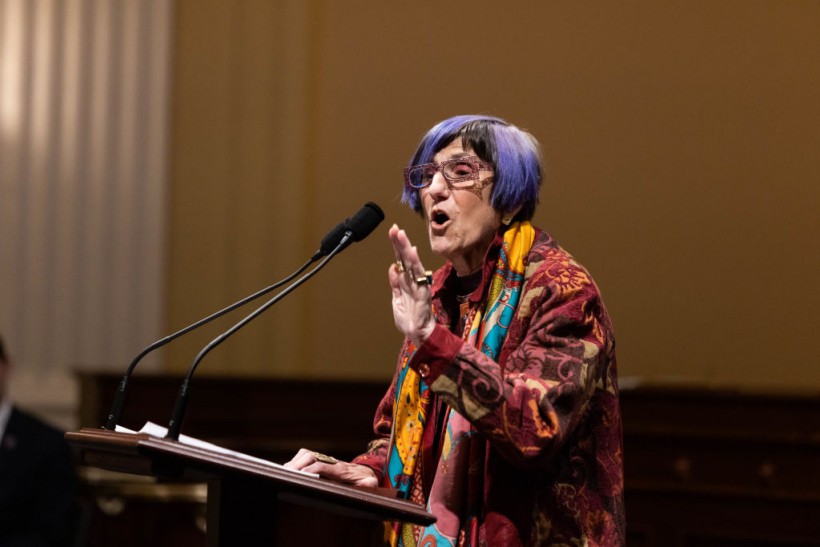
(Photo : Photo by Graeme Jennings-Pool/Getty Images)
White House lawmakers passed a short-term funding bill that would prevent the United States federal government from shutting down. The bill will keep the government funded up until Mar. 11, giving authorities more time to negotiate on a long-term proposal.
Lawmakers from the House of Representatives voted on Tuesday to pass a short-term funding bill that will prevent the United States federal government from going into a shutdown at the end of next week.
Without the bill, the U.S. government's funding is set to expire on Feb. 18, but the proposal of the House will allow the extension of finances through Mar. 11. The vote ended with a tally of 272-162, passing with bipartisan support.
Short-Term Funding Bill
With the House passing the stopgap bill, which is known as a continuing resolution, the Senate now needs to approve the proposal before it can reach United States President Joe Biden's office and be signed into law. If the bill passes both chambers, it would be the latest in a series of short-term funding bills that Congress has passed.
The situation comes as lawmakers continue to negotiate on a bipartisan basis to secure a deal for a full year's worth of funding. Currently, there is agreement from both parties that the government needs a broader funding deal. Lawmakers from both parties also raised concern over the limitations imposed on federal entities under the stopgap measures, CNN reported.
Senate Majority Leader Chuck Schumer on Tuesday said that he was planning to vote on the spending plan. He argued that his support for the bill would come quickly and in time for the Feb. 18 deadline.
In recent years, Congress has failed to pass full-year appropriations bills, going back-and-forth between last-minute, short-term legislative efforts in an attempt to keep the government running. If lawmakers are unable to address lapses in funding, it could result in furloughs of federal workers and disruptions to government services as well as the economy.
According to CNBC, officials hope that the additional three weeks of funding will give them sufficient time to formulate a spending plan that will keep the government funded through the end of the fiscal year on Sept. 30. Appropriators failed to strike a long-term deal before the deadline this Feb. 18.
Temporary Government Shutdown
Connecticut Democrat Rep. Rosa DeLauro said that she expected lawmakers will be able to finalize a framework in short order. The official added that they can then work together to fill in the details of the bill and enact an omnibus, DeLauro, who is also the chairwoman of the House Appropriations Committee, added that the American public deserved the certainty that comes with full-year funding bills.
One of Congress' core responsibilities is keeping the United States government fully funded with the help of a dozen bills that are required to finance agencies and departments for an entire fiscal year. However, a deal has been elusive four months after Oct. 1, which is the start of the fiscal year.
Democrats, who have majority control of both congressional chambers and the White House, have been eager to prioritize their own funding agendas. However, in the evenly divided Senate, they would need Republican support to reach the required 60 votes to pass most legislation, the New York Times reported.
Related Article: Senate GOP Criticizes RNC for Censure of Cheney, Kinzinger, Argues It Enables Trump's Violence Politics








